Southeast officials say conceal-carry bills for campuses are flawed
A couple of state Senate bills that promote carrying concealed weapons on college campuses are raising red flags at Southeast Missouri State University. The bills, SB 589 and SB 731, would lift the ban on bringing firearms to school. Kathy Mangels, vice president for finance and administration, said she and other officials have been in touch with the bills’ sponsors on why they should proceed with caution. So far, the legislators appear to be listening...
A couple of state Senate bills that promote carrying concealed weapons on college campuses are raising red flags at Southeast Missouri State University.
The bills, SB 589 and SB 731, would lift the ban on bringing firearms to school.
Kathy Mangels, vice president for finance and administration, said she and other officials have been in touch with the bills’ sponsors on why they should proceed with caution. So far, the legislators appear to be listening.
“We all have the same goal to provide a safe environment for students and visitors,” she said.
SB 589 would allow campuses to ban concealed weapons only if metal detectors were placed at every entrance. At Southeast, the price tag for something like that, in terms of equipment and manpower, would be about $26 million.
“In reality, that would be cost-prohibitive for any of the universities to get that waiver granted,” Mangels said.
The other bill would allow anyone with a concealed-carry permit to bring a gun to campus, except in large shared areas such as stadiums, places of worship or police facilities.
Kenny Mayberry, assistant director of the university police department, said he doesn’t think either bill is a good idea.
Although the bills’ sponsors, Republican state Sens. Bob Dixon of Springfield and Brian Munzlinger of Williamstown, are operating on the rationale concealed-carriers could help protect others and themselves in an emergency, Mayberry isn’t so sure.
He said many people with concealed-carry permits go through only eight hours of firearms training. That includes shooting 20 rounds of ammunition to qualify and 20 more for marksmanship.
“That’s the base course. That’s all they require,” he said.
Plus, permit carriers are not required to requalify periodically in Missouri.
A person with only the most basic knowledge probably wouldn’t be much help if a gunman opened fire in a room full of people, for example.
A better approach, Mayberry said, would be for bystanders to surround and tackle an assailant while attempting to disarm him or her. Even if they were injured in the struggle, help would be able to reach them faster.
“I think people could actually swarm somebody a lot quicker than they could get their weapons out,” Mayberry said.
One thing Mangels stressed to the legislators is the fact not only is the general population on the main Southeast campus about 9,500 students and 1,100 employees at any given time, but nearly 3,000 students live there in open, shared communities.
College students, especially younger ones, are dealing with academic pressures, new relationships and a lifestyle that’s much different from their family homes — none of which is conducive to gun safety, she said.
“Adding firearms to a community where we’re helping people with mental-health issues is a major concern,” she said.
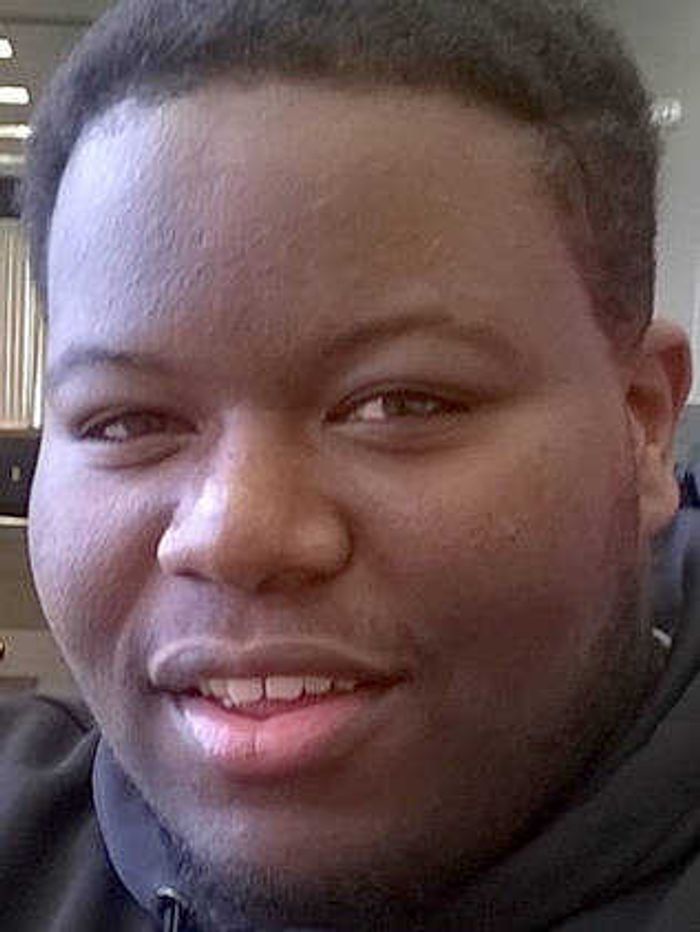
Tyreek Williams, a sophomore studying biomedicine, said common areas usually are packed around lunchtime at Southeast. He imagined a scenario in which someone could start shooting in a crowded cafeteria and the mayhem that would ensue if several other people drew their own guns.
The state Senate bills don’t bother him as much as the process it takes to get a concealed-carry permit.
“In today’s society, it’s not a thing I deem safe or unsafe,” he said, except when a gun is in the wrong hands.
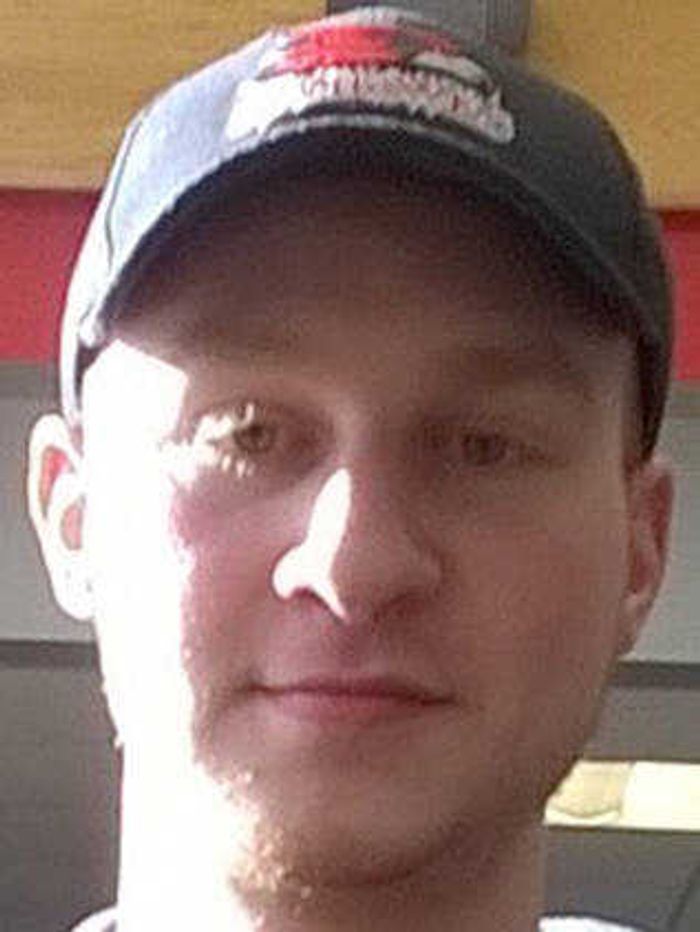
Alec Kelling, a freshman law-enforcement major, had a slightly different perspective.
“This campus right now is a gun-free zone,” he said. “That doesn’t (stop anyone). If somebody pulls a gun, all we can do is run away. Gun-free zones are the most targeted areas.”
One solution, Kelling said, would be to issue concealed-carry permits much more selectively. Also, he pointed out just about every high school has an armed resource officer, so why not universities?
Unlike some schools, Southeast has armed officers on its campus police force, Mayberry said. The force is 18 officers strong, and four of them are firearms instructors.
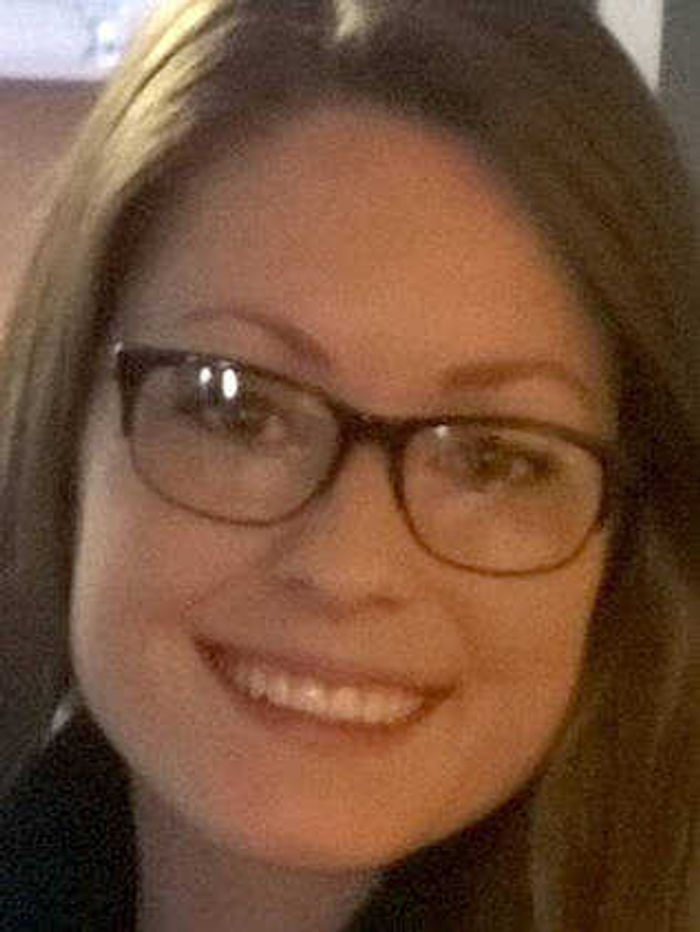
For Hannah Jaco, a junior majoring in communication disorders, the subject of carrying concealed weapons is close to home. Her father has a concealed-carry permit, and she’s thought of getting one herself. She has neighbors back in Bonne Terre, Missouri, who have been robbed and are outspoken about being able to carry weapons.
But the thought of how she might react in a real emergency stopped her from pursuing the idea any further.
“I don’t think I could trust another student (in that kind of situation) if I can’t even trust myself,” she said.
But it’s always smart to have armed officers on campus, she agreed.
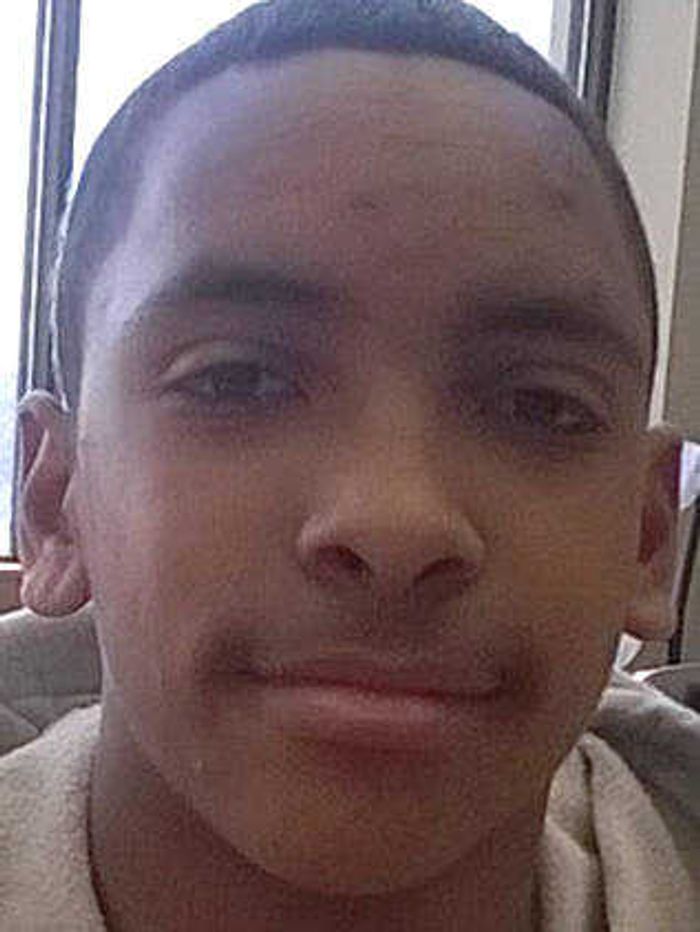
Although Marcus McDonald said “guns solve nothing,” the freshman finance and international business major would like campus police officers to have a more visible presence.
For the time being, both bills remain in committee, where they could be adjusted or studied further.
ljones@semissourian.com
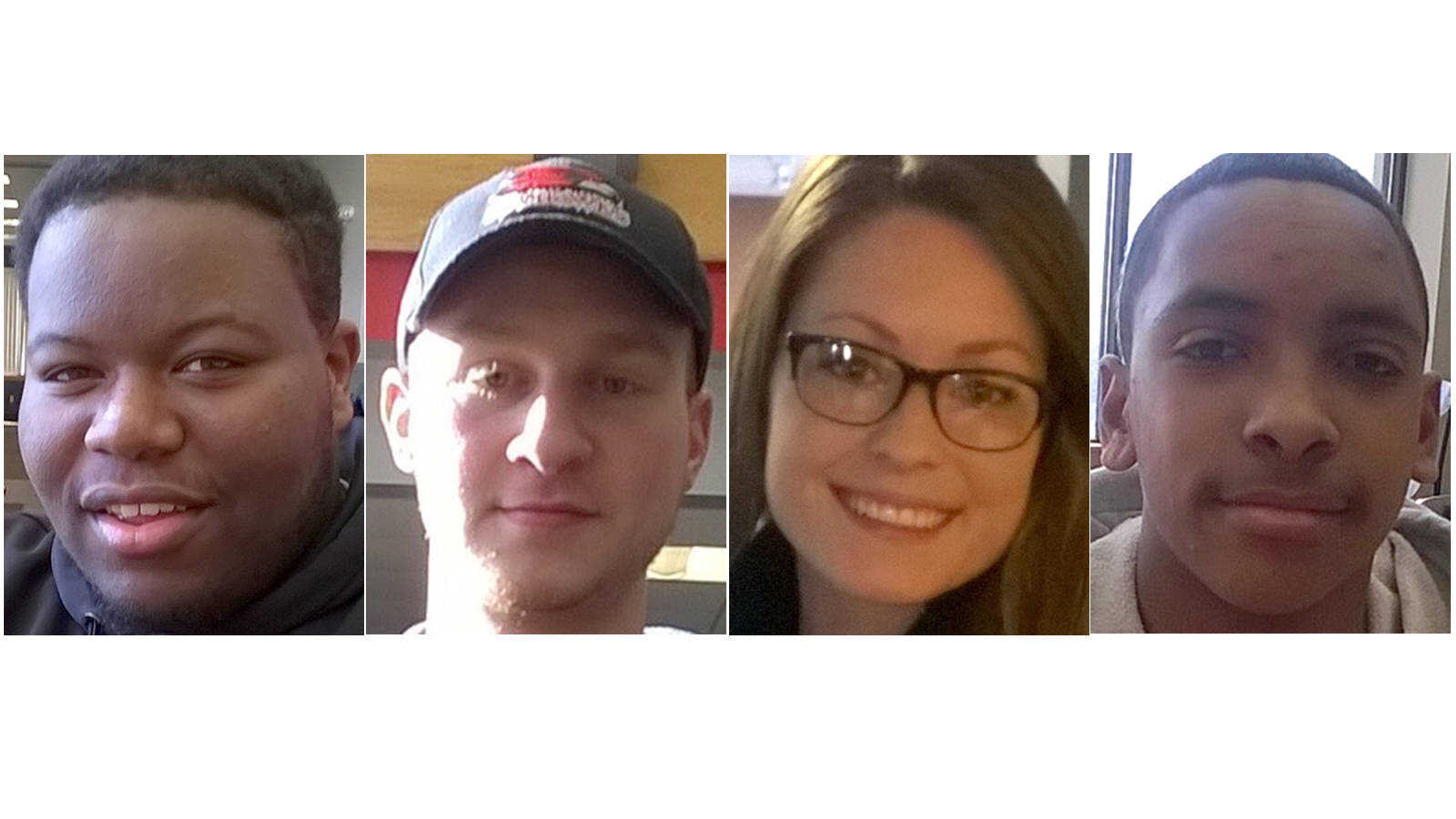
(573) 388-3652
Pertinent address:
1 University Plaza, Cape Girardeau, Mo.
Connect with the Southeast Missourian Newsroom:
For corrections to this story or other insights for the editor, click here. To submit a letter to the editor, click here. To learn about the Southeast Missourian’s AI Policy, click here.









